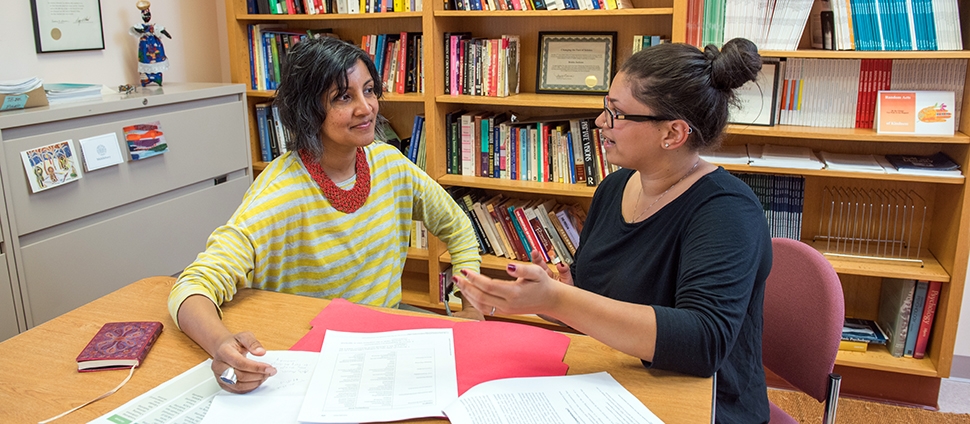Document Type
Article
Publication Date
6-1-2009
Publication Title
Journal of Anxiety Disorders
Abstract
Compulsive hoarding (the acquisition of and failure to discard large numbers of possessions) is associated with substantial health risk, impairment, and economic burden. However, little research has examined separate components of this definition, particularly excessive acquisition. The present study examined acquisition in hoarding. Participants, 878 self-identified with hoarding and 665 family informants (not matched to hoarding participants), completed an Internet survey. Among hoarding participants who met criteria for clinically significant hoarding, 61% met criteria for a diagnosis of compulsive buying and approximately 85% reported excessive acquisition. Family informants indicated that nearly 95% exhibited excessive acquisition. Those who acquired excessively had more severe hoarding; their hoarding had an earlier onset and resulted in more psychiatric work impairment days; and they experienced more symptoms of obsessive-compulsive disorder, depression, and anxiety. Two forms of excessive acquisition (buying and free things) each contributed independent variance in the prediction of hoarding severity and related symptoms.
Keywords
Compulsive buying, Excessive acquisition, Hoarding, Obsessive compulsive disorder
Volume
23
Issue
5
First Page
632
Last Page
639
DOI
10.1016/j.janxdis.2009.01.013
ISSN
08876185
Rights
© the authors
Version
Author's Accepted Manuscript
Recommended Citation
Frost, Randy O.; Tolin, David F.; Steketee, Gail; Fitch, Kristin E.; and Selbo-Bruns, Alexandra, "Excessive Acquisition in Hoarding" (2009). Psychology: Faculty Publications, Smith College, Northampton, MA.
https://scholarworks.smith.edu/psy_facpubs/54


